Aromatherapy is, undoubtedly, one of the most common ways to harness the power of essential oils. But how exactly does one go about using aromatherapy? Are all essential oils suited to use for aromatherapy? How long has aromatherapy been around? Well, let’s find out shall we?
Disclosure: This post may contain affiliate links, which means that I may earn a small commission from some of the links in this post at no additional cost to you. Please see our Privacy Policy for more information.
What is Aromatherapy?
When breathing in essential oil fragrances, the process is called aromatherapy. Aromatherapy is a term used when we use essential oils aromatically. When the aromas of an essential oil is inhaled, the molecules enter the nasal cavities. There, they stimulate mental responses in the limbic system which can trigger a powerful emotional response.
Aromatherapy can be obtained by adding a few drops of oils to your bath or shower, by relaxing in a warm bath with bath salts and essential oils, by diffusing the oils in an essential oil diffuser, using room or body sprays containing essential oils, essential oil nasal inhalers, essential oil roll-ons used as perfumes or colognes, or just simply inhaling the aromas from the bottle.
If you prefer, you can go to a professional. There are trained professionals such as aromatherapists, physical therapists, massage therapists, nutritionists or even doctors. These professionals have studied natural medicine and use aromatherapy in their practice. They are trained in specific uses for essential oils.
What Are Essential Oils?
Essential oils are oils that are created naturally in plants in order to protect the plant from insects, shield the plant from a harsh environment and help them adapt to their surroundings. The oils in the plants are made up of very small molecules that can penetrate your cells, and some can even penetrate the blood-brain barrier.
Although it is difficult to pinpoint the origin and time frame, essential oils have been used for centuries by many different cultures who used them for their physical, mental, health and emotional healing properties. They were, and still are, used for relaxation, beauty, perfume, home cleaning and as natural medicine.
Benefits of Aromatherapy
So now that you have a better understanding of what aromatherapy is, here is a short list of ways that they can help.
- Boost immunity
- Fight cold and flu symptoms
- Fight bacteria, virus or fungus
- Relax your body
- Alleviate/manage pain
- Balance hormones
- Ease discomforts of labor
- Make your home smell wonderful, naturally
- Induce sleep
- Relieve stress, anxiety and depression
- Soothe sore joints and muscles
- Alleviate side effects of chemotherapy
- Improve digestion
Diffusing Essential Oils
Diffusers are used to vaporize essential oils into the air. They release small amounts of the oils and the same safety concerns apply when diffusing them as they do with inhaling them. Inhalation is considered a very safe method and poses low levels of risk. It is very unlikely the concentration oil will rise to dangerous levels due to vaporizing.
Safety When Using Essential Oils
Be sure to read the labels carefully of the essential oils you would like to use. For the best results, use essential oils that are 100% pure oils and are therapeutic grade. Many essential oils on the market today have been adulterated (altered or diluted) that may cause adverse effects.
Always ask your physician if you have any safety concerns or concerns regarding medication interactions. Some essential oils can alter the way certain medications work. People taking heart medications, such as blood thinners, should avoid using clary sage, cypress, eucalyptus, ginger, rosemary, sage and thyme oils.
Possible Side Effects
Be sure to read the labels carefully of the essential oils you would like to use. For the best results, use essential oils that are 100% pure oils and are therapeutic grade. Many essential oils on the market today have been adulterated (altered or diluted) that may cause adverse effects.
Always ask your physician if you have any safety concerns or concerns regarding medication interactions. Some essential oils can alter the way certain medications work. People taking heart medications, such as blood thinners, should avoid using clary sage, cypress, eucalyptus, ginger, rosemary, sage and thyme oils.
Short Story
When I was suffering from anxiety, I created an aromatherapy inhaler that I used when ever I felt an attack coming on. As soon as I inhaled the aromas, I felt a sense of calm come over me and the attack disappeared. This was part of my inspiration to create Self Verve and I now sell that same aromatherapy inhaler in hopes to help others.
Summing It Up
Aromatherapy is one of the best ways to utilize the power of essential oils. Depending on the products you get, you can enjoy these powers at anytime at your fingertips. Essential oils and aromatherapy has been used for centuries to help with many mental, health and emotional issues. There are still practitioners that utilize this practice till this day. Give them a try and see how they can benefit you!
Have you ever used aromatherapy? Did it work for you? Let us know in the comments section!
Disclaimer: This content is for informational and educational purposes only. It is not intended to provide medical advice or to take the place of such advice or treatment from a personal physician. Neither Self Verve nor the publisher of this content takes responsibility for possible health consequences of any person or persons reading or following the information in this educational content. Be sure to contact your physician before trying any of the items stated in the above article.


